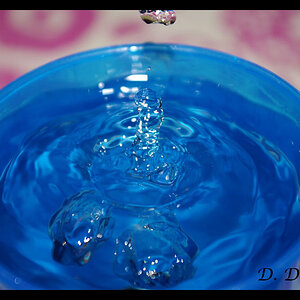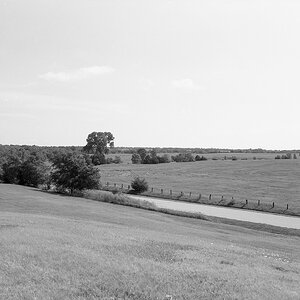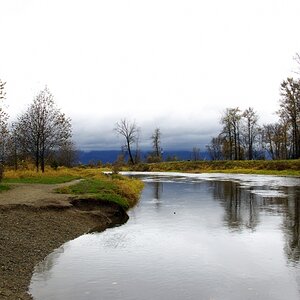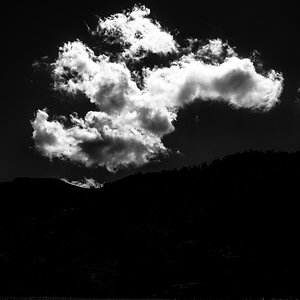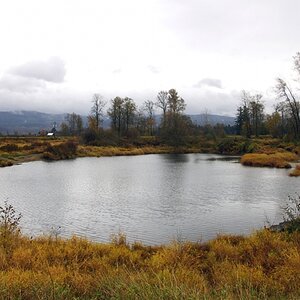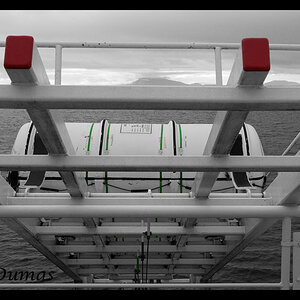rwilliams
TPF Noob!
- Joined
- Mar 6, 2014
- Messages
- 104
- Reaction score
- 16
- Can others edit my Photos
- Photos NOT OK to edit
Okay, correct me if I'm wrong.. which I very likely may be..
If I take photos of a client, the copyright technically belongs to the client? But if in the consent form, I retain the copyright and they sign it giving me permission, then I own the copyright?
And if they want to use digital images to get prints, I can give them a print release, but still own the copyright myself?
I'm typing up a rough drafts of a consent form and then I'll be giving it to a lawyer friend to look over, but I'd like to have it as accurate as possible from the get go.
Thanks for your help!
If I take photos of a client, the copyright technically belongs to the client? But if in the consent form, I retain the copyright and they sign it giving me permission, then I own the copyright?
And if they want to use digital images to get prints, I can give them a print release, but still own the copyright myself?
I'm typing up a rough drafts of a consent form and then I'll be giving it to a lawyer friend to look over, but I'd like to have it as accurate as possible from the get go.
Thanks for your help!


